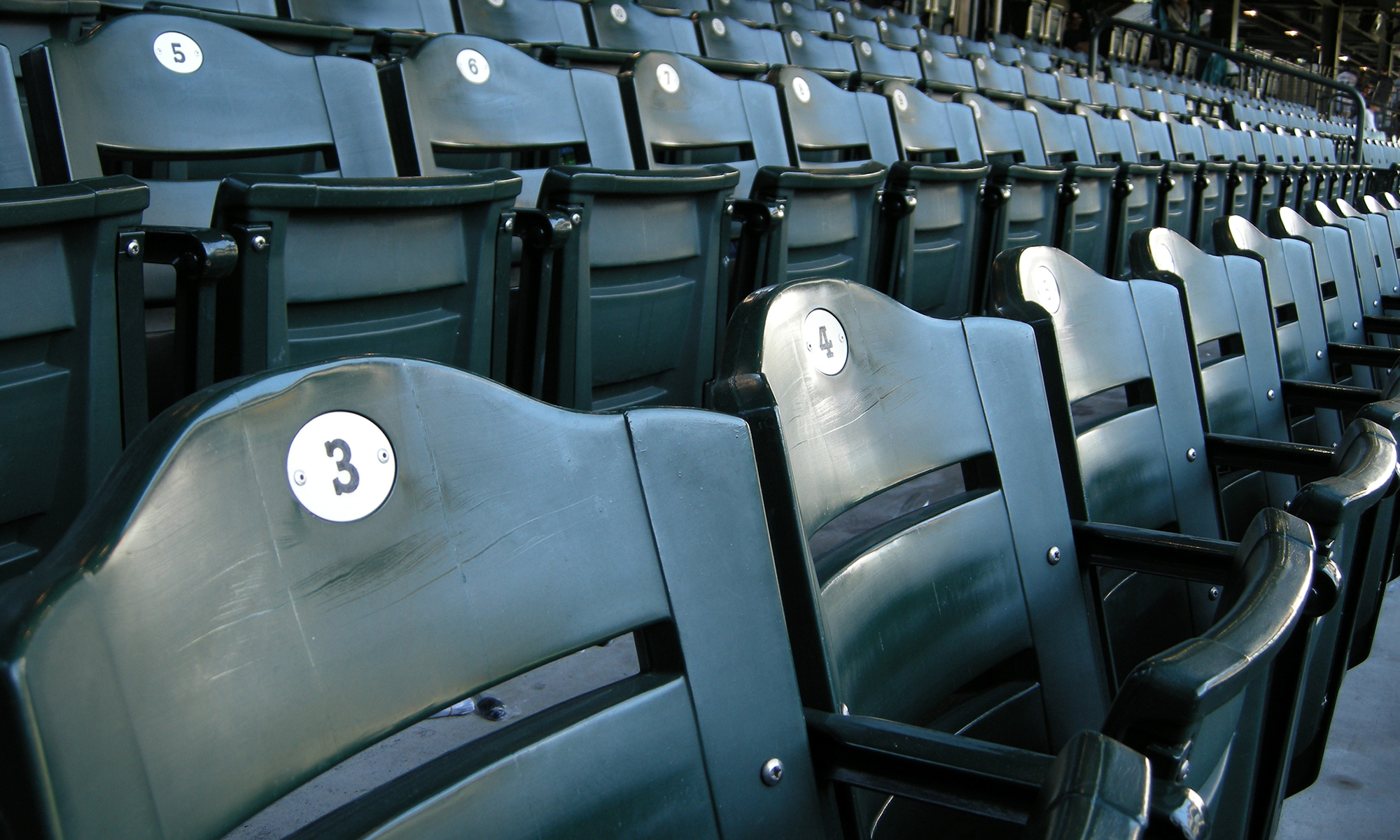Private equity funds have shown an increasing willingness to enter into financial arrangements to fund college athletic departments in exchange for future revenue sharing opportunities in the wake of the House v. NCAA settlement. Private equity offers a life raft to cash-strapped athletic departments seeking to accumulate the financial resources necessary to pay off amounts that will be owed under House settlement and to compete for student athletes in exchange for access to future revenue streams and for relationships with portfolio companies.
An example of this is the apparent discussion between Florida State University (FSU) and private equity firm Sixth Street. According to reports, FSU has been in talks with Sixth Street for over a year trying to obtain a much-needed cash infusion, and the two sides are exploring creation of a new corporate entity that would hold FSU’s commercial rights and be able to take on outside investments. Indeed, on July 10, 2024, FSU announced a new 10-year expansion of its relationship with Sixth Street’s owned portfolio company, Legends, which is a sports venue operations and experiences company co-founded by the Dallas Cowboys and New York Yankees. In addition to Legends continuing as FSU’s premium seating partner at Doak Campbell Stadium, FSU’s football stadium, as well as managing hospitality, concessions, catering and clubs for the Seminoles, this new deal also includes multimedia rights—a catchall term that covers many licensing deals, sponsorships, advertising and broadcast opportunities. Legends intends to assist FSU in managing and commercializing their rights, yet it remains unclear if Sixth Street will provide FSU with a desired direct cash infusion.
Private equity funds will continue to seek opportunities to capitalize on the emerging college sports market and will need to navigate ever-changing (sometimes daily) rules, regulations, guidance, and laws concerning college sports. Federal agencies and state legislatures have been keenly focused on private equity consolidation in other industries, including healthcare, and could similarly seek to regulate private equity investment in college athletics. Private equity funds contemplating opportunities in the world of student athletes’ name, image, and likeness and college sports more broadly should be sure to stay current on all NIL-related rules, laws, and guidance to ensure compliance.
